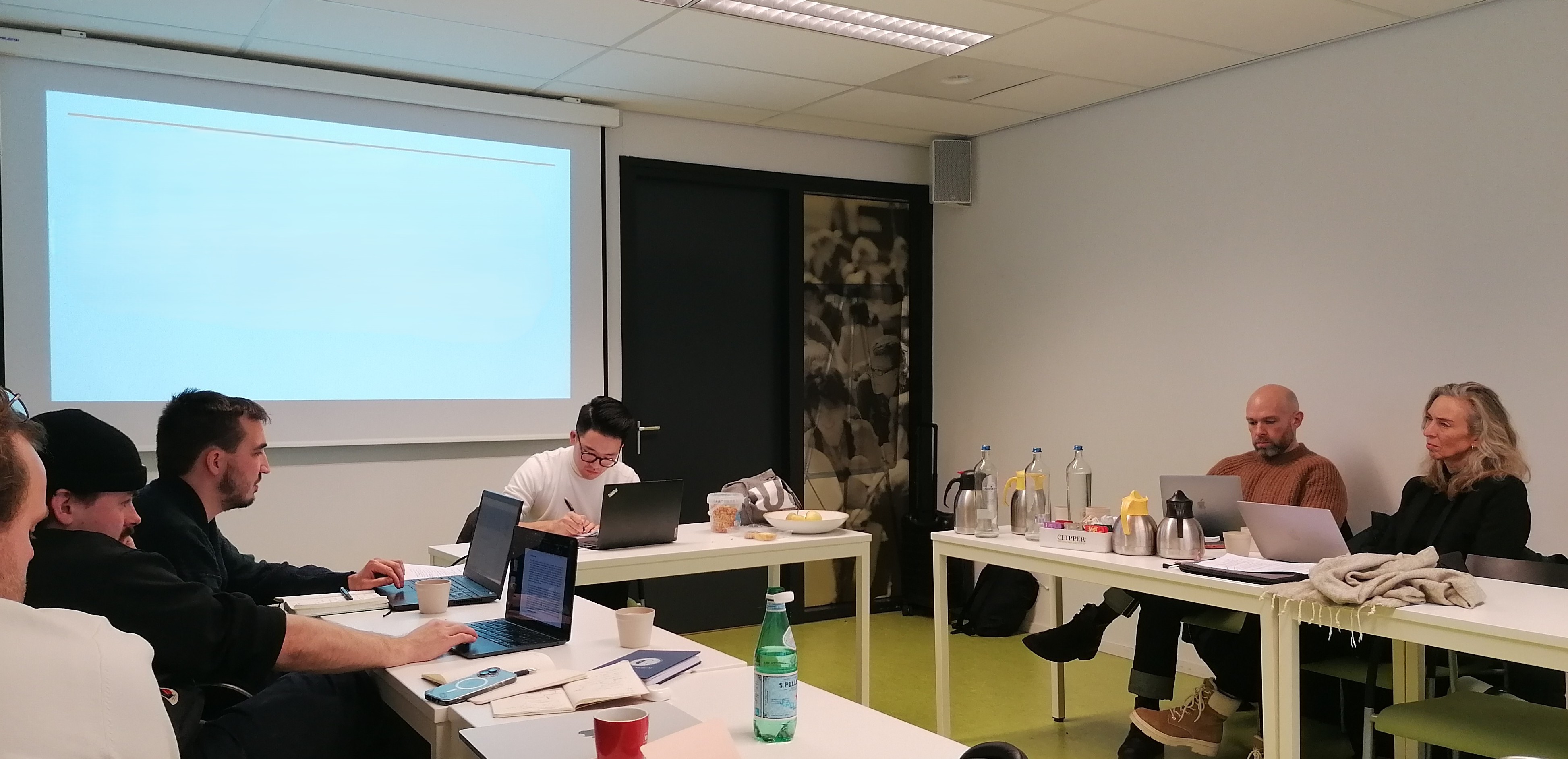In a collective contribution to the journal Minds and Machines, Marijn Hoijtink and several colleagues authored a forum article titled “Myth,Power, and Agency: Rethinking Artificial Intelligence, Geopolitics and War.” In it, the authors explore from various perspectives “how Artificial Intelligence is reshaping war, sovereignty, and human agency by entangling technological experimentation with myth-making and geopolitical power.” Using examples from the Ukrainian battlefield and Silicon Valley boardrooms, the article highlights “the paradox that AI-driven innovation is contingent on perpetual risk-taking, distributed agency between humans and machines, and opaque state-corporate alliances.”
In her own section, Marijn Hoijtink emphasizes the importance of experimentation in the discourses and practices of Western militaries. By tracing historical lines of experimental warfare from colonial projects in previous centuries to the ongoing, technology-driven occupation of the Palestinian territories, she demonstrates that the recent proliferation of experimentation in discourse and practice should be understood as “a re-articulation of a solution to an enduring problem.”
At the same time, she points out how it is reinforced and transformed by the increasing re-alignment between Western militaries and Silicon Valley, whose ideologies and experimental rationales are increasingly shaping perceptions of modern warfare. As a conclusion, building on her previous work, where she highlighted how military strategy becomes immune to ‘failure’ when experimentation is linked to technological progress, she presents two additional problematic implications of these developments:
"The first is that experimentation blurs the lines between technology development and use in war. Increasingly,experimentation operates as a means to accelerate the fielding of new and experimental technologies in war, even if they are risky, contested, or their long-term consequences are unknown. As two military commentators put it, Western militaries need to “increase [their] threshold for risk and provide commanders with funds to take chances on commercially available technologies outside of the normal capability development program” (Arnel & Jensen,2024, §7). This includes testing with technology in an active war, as the examples from the war in Ukraine show, which brings us to a second and related concern: experimentation also increasingly blurs the boundaries between war and peacetime. If technology development is to be iteratively improved through constant experimentation and trial and error, then war becomes reconfigured as an opportunity for experimentation. In this context, war becomes endless and everywhere, as it is only through experimentation in war that technological innovation, progress, or superiority can be sustained."




